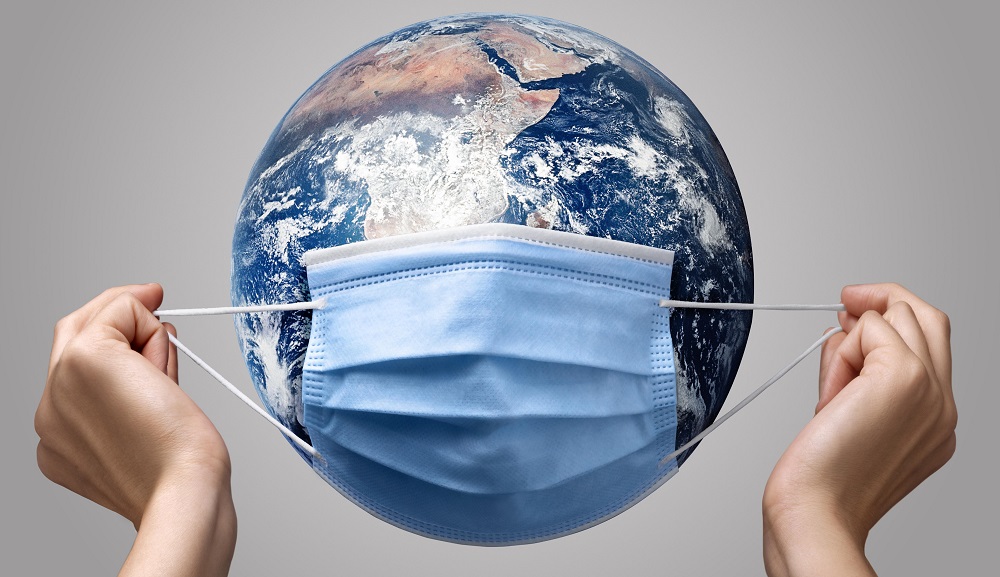SINGAPORE: Dr Maria Van Kerkhove, the director for epidemic and pandemic preparedness and prevention for the World Health Organization, underlined in a Nov 21 interview that COVID-19 is still circulating in every country and is still a threat, especially to older adults and those who are vulnerable to disease.
In the interview posted on X (formerly Twitter), she also talked about the most recent virus variants responsible for the COVID-19 pandemic and Long Covid. This condition can be severely debilitating when a person experiences symptoms for one year or even longer after being infected.
Live Q&A on #COVID19 and flu with Dr @mvankerkhove. #AskWHO https://t.co/mZvLxLMcT0
— World Health Organization (WHO) (@WHO) November 21, 2023
Dr Van Kerkhove discussed a variant called BA.2.86, previously under monitoring. This variant was recently reclassified as a variant of interest. The prevalence of BA.2.86, which was nicknamed “Pirola,” has been on the increase in many countries across the globe. Fortunately, the public health risk posed by “Pirola” has been evaluated as low.
Nevertheless, the WHO director emphasized several times that the virus is still present and urged for precautionary measures, including updated vaccination shots for more mature or at-risk individuals and masking in crowded public areas.
She added that vaccines still prevent people from developing severe diseases and dying and can protect against even the newest variants. And with upcoming holidays, it’s important to note that protecting yourself against COVID-19 also means protecting your loved ones, especially the most vulnerable, against the disease.
Dr Van Kerkhove also answered several questions regarding Long Covid or post-Covid syndrome.
“We don’t have great estimates, but there is one analysis that suggests that 6 per cent of symptomatic individuals suffered from post-Covid condition,” she said, adding that individuals with the condition suffer from many different effects on their organs, including the brain, lungs, and heart, from a period of between four and 12 months.
“Many people do recover after 12 months, but there are still people who are suffering significantly from this. They can’t work,” she added, saying that the WHO is working to ensure the condition is recognized and looking at rehabilitation, clinical treatment, and proper clinical care for those suffering from the condition.
However, she acknowledged that “We know very little about post-Covid condition. We know very little about the long-term effects of infection and repeat infection from this virus,” underscoring the need to invest in research to provide the best care for those suffering from it. /TISG
Read also: Ong Ye Kung: More people may fall sick as another COVID wave strikes

